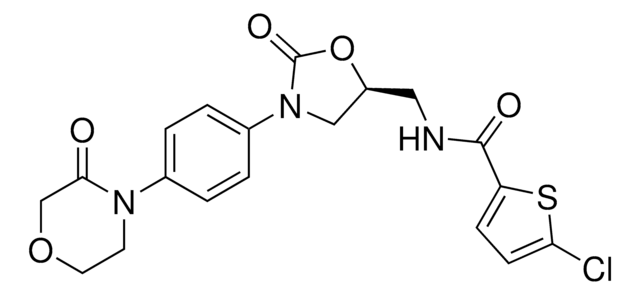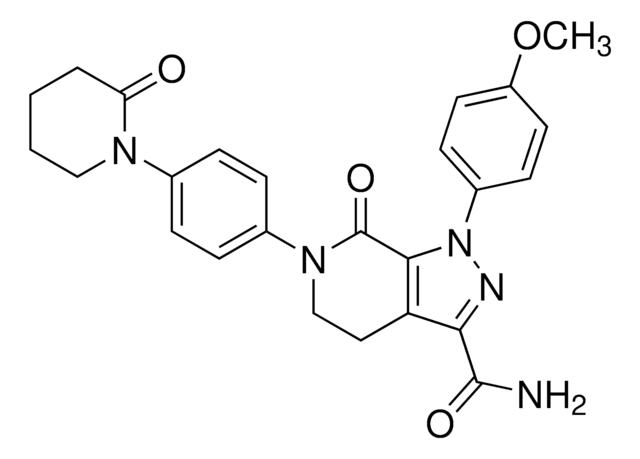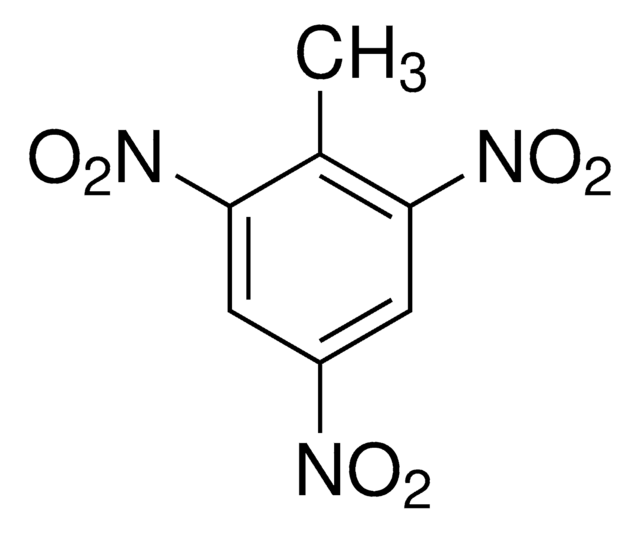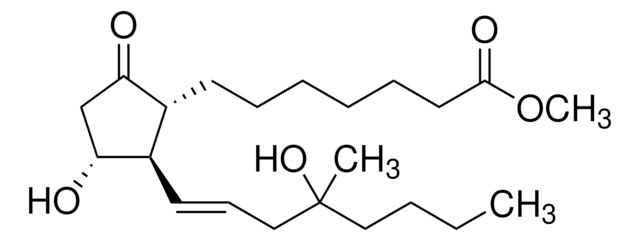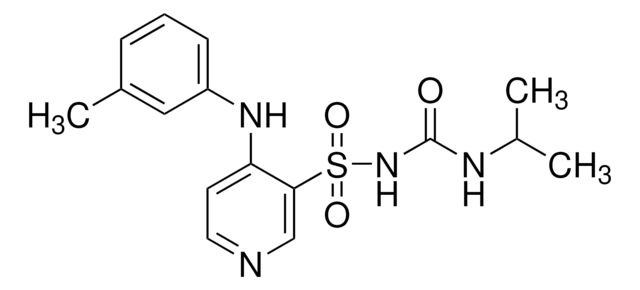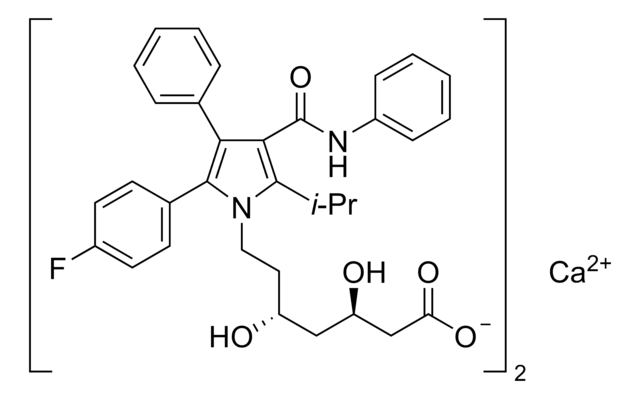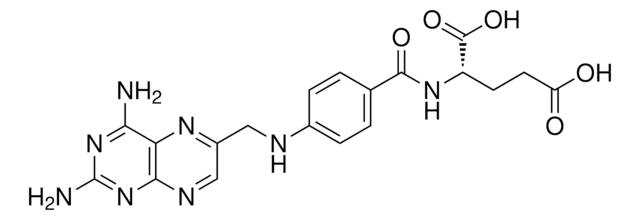ERR-005S
RDX solution
10 mg/mL in acetonitrile, ampule of 5 mL, certified reference material, Cerilliant®
Sinónimos:
Hexahydro-1,3,5-trinitro-1,3,5-triazine solution
About This Item
Productos recomendados
grado
certified reference material
Características
Snap-N-Spike®/Snap-N-Shoot®
envase
ampule of 5 mL
fabricante / nombre comercial
Cerilliant®
concentración
10 mg/mL in acetonitrile
aplicaciones
environmental
Formato
single component solution
temp. de almacenamiento
−20°C
cadena SMILES
O=[N+]([O-])N1CN([N+]([O-])=O)CN([N+]([O-])=O)C1
InChI
1S/C3H6N6O6/c10-7(11)4-1-5(8(12)13)3-6(2-4)9(14)15/h1-3H2
Clave InChI
XTFIVUDBNACUBN-UHFFFAOYSA-N
¿Está buscando productos similares? Visita Guía de comparación de productos
Información legal
Palabra de señalización
Danger
Frases de peligro
Consejos de prudencia
Clasificaciones de peligro
Acute Tox. 4 Dermal - Acute Tox. 4 Inhalation - Acute Tox. 4 Oral - Eye Irrit. 2 - Flam. Liq. 2 - STOT RE 2 Inhalation
Código de clase de almacenamiento
3 - Flammable liquids
Clase de riesgo para el agua (WGK)
WGK 2
Punto de inflamabilidad (°F)
35.6 °F - closed cup
Punto de inflamabilidad (°C)
2 °C - closed cup
Elija entre una de las versiones más recientes:
Certificados de análisis (COA)
It looks like we've run into a problem, but you can still download Certificates of Analysis from our Documentos section.
Si necesita más asistencia, póngase en contacto con Atención al cliente
¿Ya tiene este producto?
Encuentre la documentación para los productos que ha comprado recientemente en la Biblioteca de documentos.
Global Trade Item Number
| Número de referencia del producto (SKU) | GTIN |
|---|---|
| ERR-005S-5ML | 4061833609927 |
Nuestro equipo de científicos tiene experiencia en todas las áreas de investigación: Ciencias de la vida, Ciencia de los materiales, Síntesis química, Cromatografía, Analítica y muchas otras.
Póngase en contacto con el Servicio técnico